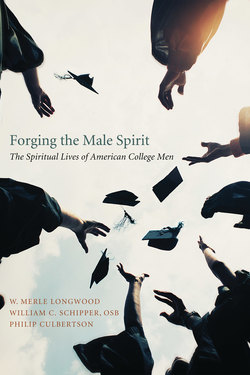Описание книги
Young men undergo significant changes during their years in college. They wrestle with «big questions,» which are essentially spiritual questions, as they ponder who they are, what they believe, what kind of persons they want to become, and how they might shape the world into something they can feel comfortable being themselves in. Those who participate in men's groups realize that their involvement can nurture their inner lives as they explore these questions and connect to transcendent values and a vision of a larger whole. This book includes historical and sociological perspectives on men and spirituality and an expanded case study of how one campus pioneered in the development of men's spirituality groups, which became a model for other campuses. It includes quantitative empirical research that explores college men's openness to spirituality and their interest in men's groups. The book's most extensive discussion is based on a qualitative analysis of thirty-six interviews with male college students, focusing on their understanding of the relationship between their masculinity and their spirituality, and how spirituality groups provided a venue in which they could begin to engage what it means to be spiritual and what it means to be a man.
